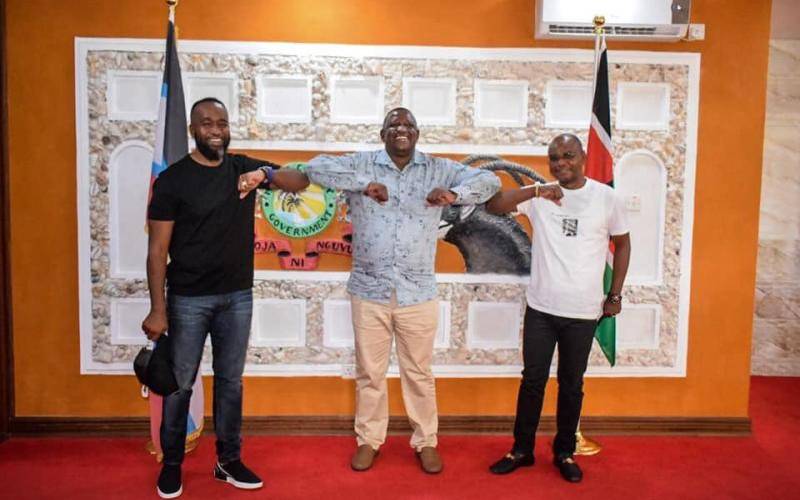×
The Standard e-Paper
Fearless, Trusted News

With about 13 months to the next elections, Coast governors serving their last terms have two main issues to confront; completing legacy projects and their succession.
While Kwale Governor Salim Mvurya has identified his preferred successor, his counterparts Hassan Joho (Mombasa) and Amason Kingi (Kilifi) are yet to do so.